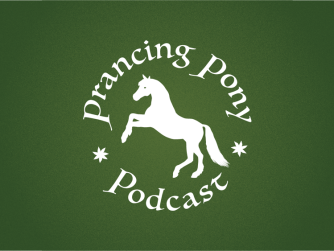In Chapter 18 of The Silmarillion, Morgoth breaks the Siege of Angband with a sneak attack, beginning the Battle of Sudden Flame. As the fires die down, Fingolfin responds by challenging the Dark Lord to single combat. Meanwhile, displaced survivors of the Edain start down paths that will forever intertwine the fates of Men and Elves. Plus, Tolkien’s best-known villain moves into the fortress next door with his annoying pets.
Recommended Reading:



I know it’s been a good while since this aired, but I gotta put in a good word for Finrod here (he is my absolute favorite, but this is purely objective. Um, sort of). He established Nargothrond by Ulmo’s command, after all. And from the Athrabeth we know that he divided his time between Nargothrond, the siege on Angband and the occasional social commitment, so he really did his share of the fighting.
An excellent point, Dina!
Just a further thought on the might of Balrogs being met and matched by the valor of First-Age Men and Elves. And you guys of course already touched on the point I’m about to make, but I think it’s worth reinforcing and clarifying, because it is integral to the very fabric of Tolkien’s highly primal and hierarchical universe. And by “primal,” I don’t mean primitive or savage. I mean the earlier generations of any people in the legendarium will be greater in almost all regards than subsequent ones. Tolkien’s disdain for modernity in the real world and his Romantic reverence (as in the capitalized “Romantic” artistic movement, not as in ooey-gooey, lovey-dovey stuff, for any who might not know) for medieval times were in part predicated on the very same belief that people were simply hardier and more noble way back when. Something essential got lost in human stocks, in Tolkien’s mind, as they begat more offspring. So it’s no surprise that even a great (mostly) Second-Age king like Gil-galad could not hope to accomplish what Feanor and Fingolfin, his forefathers, did. One standing his ground “undismayed” for “long” before the onslaught of many Balrogs, and the other wounding Morgoth several times in single combat. Gil-galad was slain by Sauron alone, despite having the aid of Elendil in that duel.